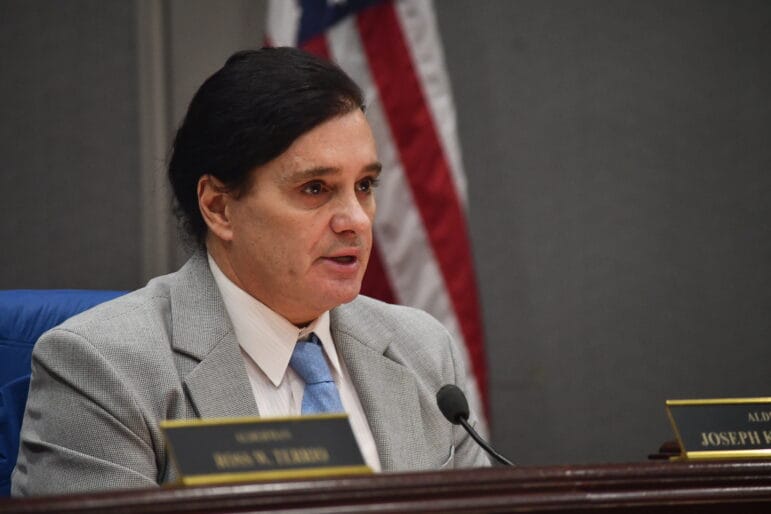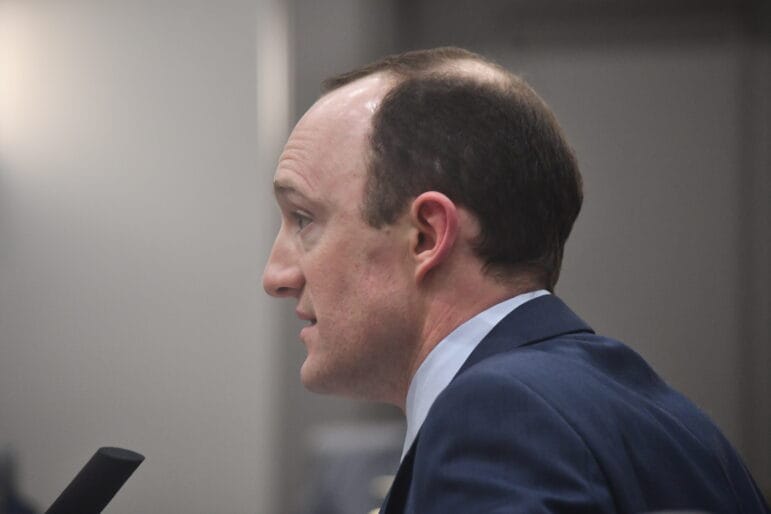Aldermen approve ordinance change affecting future sober home requests
On Tuesday, the Manchester Board of Mayor and Aldermen (BMA) ordained an amendment to the city’s zoning ordinance creating a new definition for disabilities and handicaps that could impact future variances for congregate housing.

MANCHESTER, N.H. – On Feb. 6 the Manchester Board of Mayor and Aldermen (BMA) ordained an amendment to the city’s zoning ordinance creating a new definition for disabilities and handicaps that could affect future variances for congregate housing.
In the change, the definitions of “handicap” and “disability” in the zoning ordinance reflect physical or mental impairment that substantially limits one or more major life activities of an individual, including recovery from chemical dependency, aligning with definitions in the federal Fair Housing Act and Americans with Disabilities Act.
Additionally, the ordinance officially adopts NH RSA 674:33 V, which exempts disabled people from having to show unnecessary hardship to gain a variance, one of the five normal criteria needed to gain a variance from a zoning board in the State of New Hampshire.
Manchester Department of Planning and Community Development Director Jeffrey Belanger told the BMA that while the city already follows these policies, codifying the polices within the city’s zoning ordinance would provide the city protection from potential lawsuits in certain situations.
During a special public hearing on the ordinance, only one member of the public provided their viewpoint: former Alderman and Board of School Committee Member Richard Girard.
Girard noted congregate housing variance requests, usually asked by companies seeking to begin operation of a substance abuse recovery center or “sober home,” are already allowed by right in over half of the types of zones in the city and thus it doesn’t need to be any easier for applicants to pursue variances for areas where they are not allowed by right.
He echoed his opposition during public comment of the BMA’s regularly scheduled meeting, also noting a case in the U.S. Court of Appeals for the First Circuit which upheld a lawsuit against sober home regulations in Fitchburg, Mass.

Members of the BMA were primarily seeking clarification from Belanger, with some exceptions such as Chairman Joseph Kelly Levasseur, who felt that the move would be disadvantageous for the city and required more deliberation.
“We’re already the dumping ground where everybody has to come with every single issue,” he said during the special meeting.
The vote to ordain the ordinance passed 9-5, with Levasseur being joined by Ward 6 Alderman Crissy Kantor, Ward 7 Alderman Ross Terrio, Ward 8 Alderman Ed Sapienza and Ward 11 Alderman Norm Vincent.
Initially ordainment was approved by a voice vote, but Alderman At-Large Dan O’Neil requested a roll call, leading to a verbal back-and-forth between O’Neil and Levasseur that had to be quashed by Mayor Jay Ruais.

